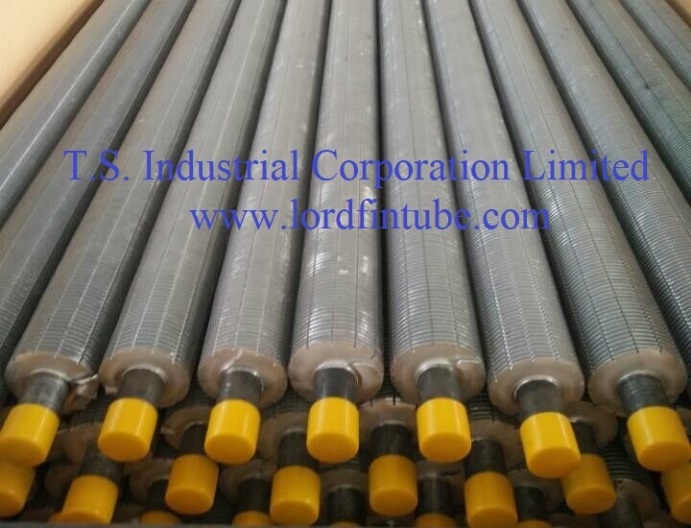Aluminium fin tube for air cooler radiator condense used in power plant
Aluminum fin tube heat exchangers are critical components in power plant air coolers and heat exchange systems. Renowned for their exceptional thermal conductivity, lightweight properties, corrosion resistance, cost-effectiveness, and manufacturability, they efficiently transfer heat from working fluids (like steam) to ambient air. This ensures peak equipment performance while minimizing maintenance costs.
1. Aluminum Fin Tubes Material Composition
| Component | Material Options | Key Properties |
|---|---|---|
| Core Tube | Aluminum 1050, 1060, 1070, 1100, 5052, 6063 | High thermal transfer, corrosion resistance |
| Fins | Aluminum 1050, 1060, 1070, 1100, 5052, 6063 | Optimized surface area, mechanical durability |
Attachment: Mechanical bonding or extrusion processes.
2. Aluminum Fin Tubes Key Advantages
- High Thermal Conductivity: 200-240 W/m·K rating enables rapid heat dissipation
- Weight Efficiency: 60% lighter than copper alternatives
- Corrosion Resilience: Natural oxide layer protects in humid/corrosive environments
- Cost-Effective: 30-40% lower material cost vs. copper-nickel alloys
3. Aluminum Fin Tubes Applications
| Industry | Primary Uses |
|---|---|
| Power Generation | Air cooler radiators, condenser units, economizers |
| HVAC & Refrigeration | Air conditioners, chillers, evaporators |
| Process Industries | Petrochemical refineries, gas turbines, food processing |
| Industrial Systems | Preheaters, boiler systems, waste heat recovery |
4. Fin Type Comparison
| Fin Type | Structure | Efficiency Gain | Typical Applications |
|---|---|---|---|
| Plain Fins | Flat perpendicular design | Base efficiency | General HVAC, dry climates |
| Louvered Fins | Angled cutouts for turbulence | 25-40% higher | Automotive, compact exchangers |
| Turbo Fins | Spiral/wavy pattern | 15-30% higher | High-condensation environments |
5. Manufacturing & Maintenance
Production Methods
- Extrusion: Seamless fin-tube bonding
- Mechanical Bonding: Rolled/stamped fin attachment
Maintenance Protocol
- Quarterly fin inspections
- Annual corrosion checks
- Low-pressure cleaning cycles
At LordFinTube, our mono-aluminum fin tubes feature extruded one-piece construction for maximum thermal transfer and durability in power plant condensers. Engineered for coastal/humid environments with 30% weight reduction versus traditional solutions.
Performance Benefits
- Reduced fouling with optimized fin spacing
- 50,000+ hour operational lifespan
- 100% recyclable construction
- Custom bundle configurations

Extruded aluminum fin tube bundles for air cooler radiators
Aluminum fin tubes deliver unmatched efficiency in power plant thermal management. Their optimal balance of conductivity, corrosion resistance, and lifecycle value makes them the premier choice for critical cooling applications worldwide.

